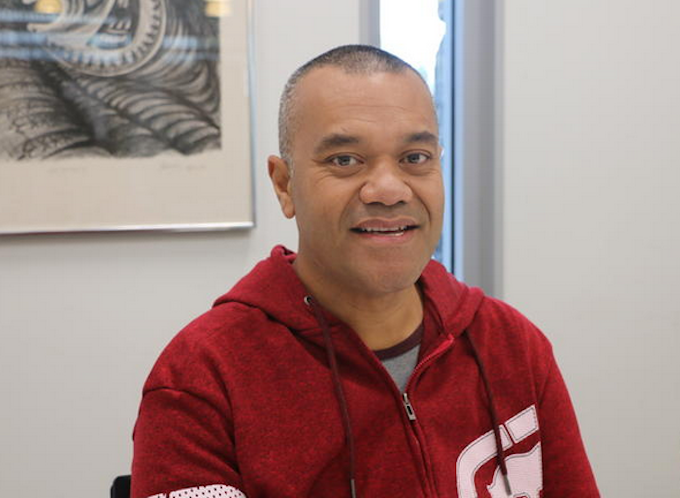
By Jordan Bond, RNZ News r
Million-dollar houses are now being sold in one of Auckland’s lowest-income suburbs and a local politician says New Zealand government failure is allowing the market to drive further inequality and hopelessness.
Last month an unremarkable 1960s weatherboard house on less than a quarter acre section in Ōtara in South Auckland sold for $1.01 million.
Another – which 12 years ago sold for $340,000 – went for $1.1m, more than triple its last sale price in October.
Manukau ward councillor Fa’anānā Efeso Collins said more than 80 percent of Pacific people did not own their own homes, and rising house prices were a cause of pain for his constituents, as rents went up and incomes did not.
“That means there are times where some people have to go without,” Collins said.
“I know there are parents who are decreasing the number of meals they’re having to ensure that the kids are eating enough, and getting three basic meals a day. That’s part of what I call the social trauma that’s being faced by many constituents that I work with.”
He said people felt hopelessness about the situation, which they did not think would get any better.
People ‘have given up’
“I think people have given up. There are many people in the Manukau ward… that have just given up,” he said.
“I’m really disappointed with what the government’s done. I think the government’s thrown money at a banking system that in my view isn’t working, and that’s not going to keep house prices down.”
The new highs in the local housing market served as a reminder to people in a low-income Auckland suburb that housing costs were eating up their paychecks.
“There are parents in Ōtara that I know of that are going without just to keep their babies fed,” one woman in Ōtara’s town centre, who did not want to be named, said.
“Sometimes you hear of parents that don’t eat because their babies need to eat.”
Born and raised in Ōtara – and still living there – she thought the high cost of living was feeding crime.
“It contributes to the poverty in Ōtara. How expensive the houses are is contributing to why there’s such a high crime rate,” she said.
Window washing
“There are heaps of children out here that are window washing because there parents can only just afford the rent. It’s not their fault – they are doing crime, but if they’re doing it to put bread and milk on the table, who can blame them?”
Another woman, a shop owner, said she was a Labour voter but housing was the government’s biggest failure.
“I’ve been living here for 35 years. I would like to buy my own house but I can’t afford to. It’s ridiculous, and now I’m over 60 [years old].”
She had been in paid work her entire adult life, and was only ever just keeping her head above water, she said.
“They’re too greedy, landlords. Every year she’s putting up our rent.
“For nearly six months I [haven’t] cut my hair. I have no money… $35 for a haircut, I can’t afford to pay. House prices must come down in New Zealand.”
One man in Ōtara said Auckland was a city of the haves and the have-nots. Another, without a house at all, said homelessness had broken him.
Economists and banks are not expecting house price rises to plateau any time soon.
This article is republished under a community partnership agreement with RNZ.











































